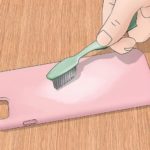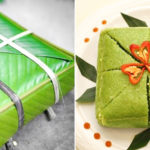Oranges are fruits with high nutritional value. Specifically, oranges contain a lot of vitamin C, which is good for boosting immunity and preventing aging. During orange season, people usually buy a large amount of oranges to eat directly or make juice. Normally, when oranges are brought home, most families will put them in the refrigerator to be used gradually. This is the most common way to preserve oranges. However, in fact, there are many other ways to preserve oranges. Even if oranges are not kept in the refrigerator, they can still stay fresh and retain their nutrients.
You can refer to some other ways to preserve oranges below.
Preserving oranges with baking soda
Baking soda is a cheap and readily available ingredient that has many uses in daily life. You can use baking soda to keep oranges fresh without worrying about spoilage.
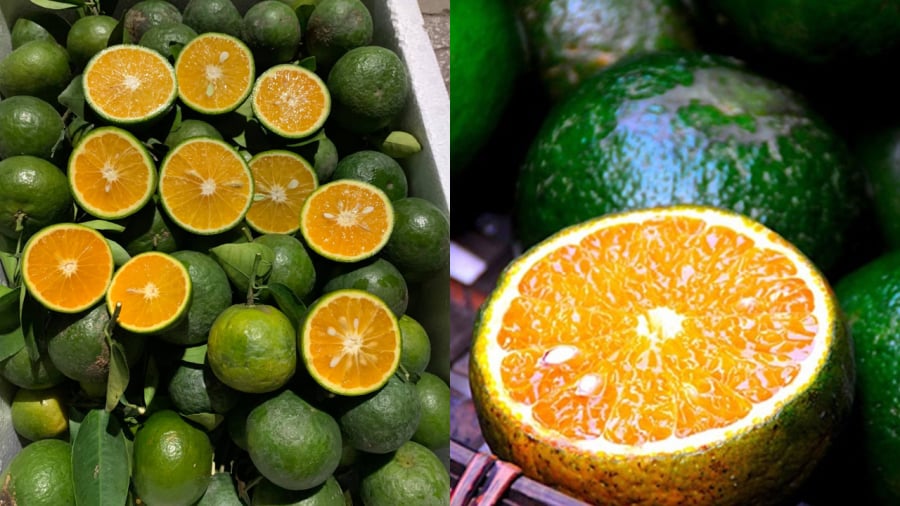
First, you need to soak the oranges in water with baking soda for about 15 minutes. Then, remove the oranges and let them drain or use a towel to dry them. Put the oranges in a plastic bag, tie it tightly, and store it in the refrigerator. With this method, you can keep oranges fresh for 1-2 months.
Preserving oranges with lime
After buying oranges, wash off the dirt on the surface and let them dry or use a towel to dry them. Make sure the oranges are dry before preserving them to prevent spoilage. Use scissors to cut off the stem of the oranges, leaving a stem about 0.5cm long. Dip the stem in lime. By doing so, the oranges will not spoil and will be protected from pests and diseases.
You can apply this method when you do not have a refrigerator. This is also a common way to preserve pomelos.
Preserving oranges with pine needles
When you do not have a refrigerator, you can use pine needles to extend the shelf life of oranges.
First, choose fresh pine needles, wash away any dirt, and let them dry completely. Then, place a layer of pine needles at the bottom of a container and arrange the oranges on top. For each layer of oranges, add another layer of pine needles on top. Repeat until all the oranges are stored. You should sort the oranges, keeping the larger ones at the bottom and the smaller ones on top. When you need to use them, simply take the oranges out. Occasionally check the container for any spoiled oranges and remove them promptly.
Preserving oranges with sand
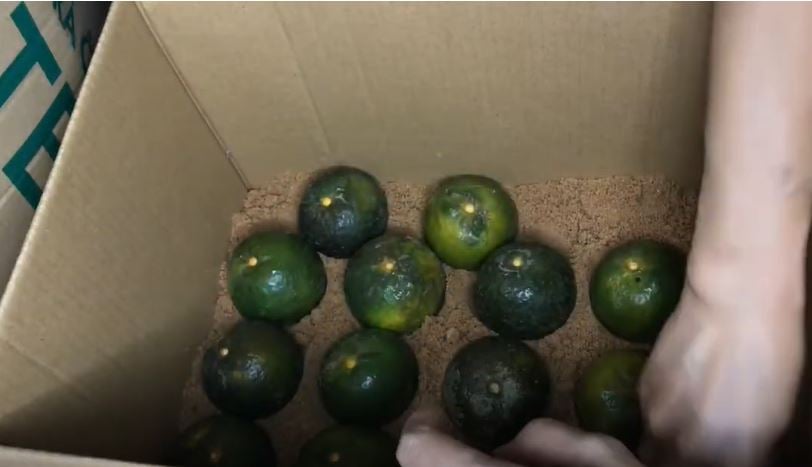
You can use sand to preserve oranges instead of using a refrigerator.
Prepare a small amount of clean and dry sand. Spread a layer of sand at the bottom of a container, then layer the oranges on top, with the stems facing upwards. For each layer of oranges, add another layer of sand. Continue until all the oranges are stored, then cover the top with sand. Place the container of oranges in a dry and well-ventilated place. When you need to use them, simply take the oranges out one by one.
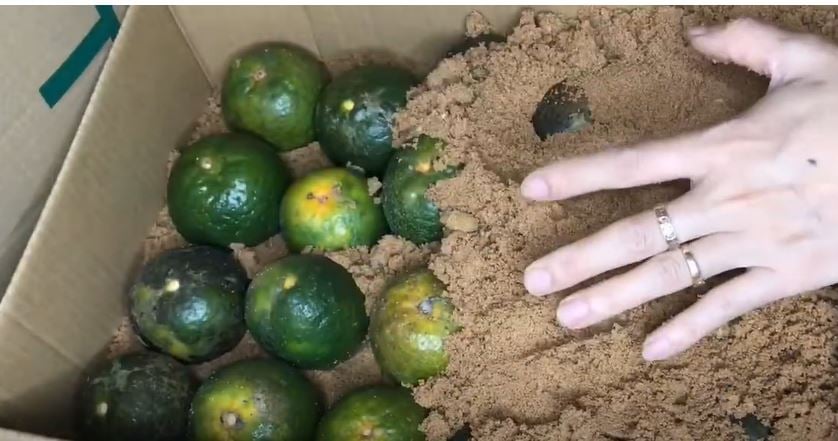
Tips for preserving oranges
During the preservation process, you need to regularly check for any spoiled oranges and remove them to avoid spreading to other oranges.
Choose oranges that are intact, heavy, have firm peel, and fresh stems for longer preservation time.


























